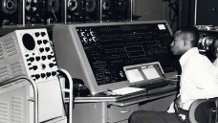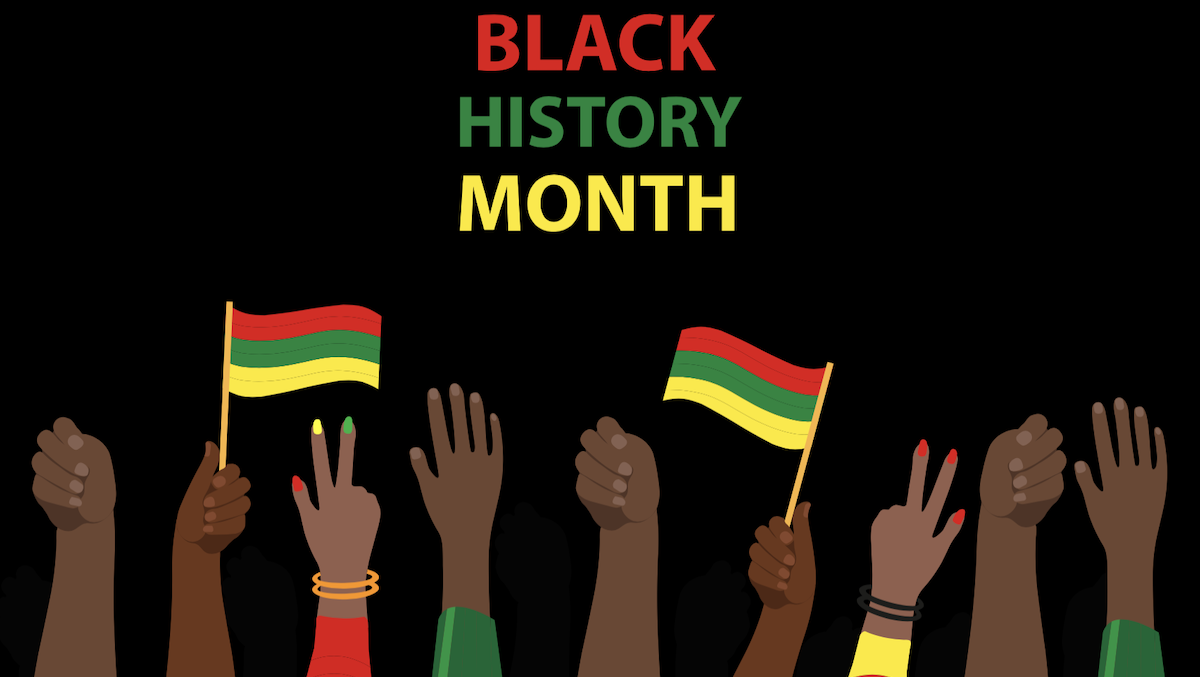In the infancy of Silicon Valley -- as the white, pocket-protector, khaki pants-wearing crowd was busy laying the bedrock of technology, Roy Clay stood out.
Clay wasn't a product of an Ivy League school, didn't come from generational wealth. He came from a tiny Missouri town called Kimoch. And perhaps most noticeable among the growing tech ranks - Clay was African-American.
"There weren’t that many people working in software period," said Clay's son, Chris Clay, "and there were even fewer people of color working in technology at all."
From the ground floor of the tech industry's beginnings, Clay used his smarts and drive to swim against the cultural current, eventually earning the nickname Black Godfather of Silicon Valley. Because once Clay passed through technology's threshold, he began to wave in other people of color. He would go on to achieve many firsts in his lifetime - breaking ground not only in tech, but Peninsula politics.
"He was just always very resilient," said son Roy Clay Jr. "He knew what he wanted to do and he would go after it even if people told him it was impossible."
Clay's life is chronicled in a new book written by his sons and author MH Jackson, titled "Unstoppable, The Unlikely Story of a Silicon Valley Godfather." It's a story that not only ticks off Clay's accomplishments in technology, but also his views on life and his sources for inspiration.
Growing-up in a mostly Black town, Clay's mother braced him for the challenges his skin color would evoke throughout his life.
"His mother told him from his pre-teenage years that he should never let racism stop him," said Roy Clay Jr., "that was probably something he’d have to deal with his entire life."
His mother's prophecy rang true when Clay was picked up by police searching for another suspect. He managed to talk the officers into letting him go.
Get a weekly recap of the latest San Francisco Bay Area housing news. Sign up for NBC Bay Area’s Housing Deconstructed newsletter.
Clay was tall, strong. He played baseball and even considered a pro career. But his love of sports played second-fiddle to his love of math and technology. He began to teach math, but he wanted something more - so applied to the McDonnell Aircraft Company in St. Louis.
"When he first applied to McDonnell Aircraft for employment right after school," said Chris Clay, "he was told the company could not hire him because it did not hire professional negroes."

Clay went back to teaching but then applied again to McDonnell and this time was hired.
His next job brought him West when he was hired to write a computer program at Lawrence Livermore Laboratory that would analyze the potential effects of a nuclear bomb on the Bay Area. Every day his family would drive him to the airport from his home in Palo Alto where he would catch a helicopter that delivered him to his job in Livermore.
In 1965 he answered a job listing at Hewlett Packard. In his second interview he went toe to toe with company co-founder David Packard himself. He was hired to head the company's software division.
"He said David Packard’s vision, he didn’t care if you were black or brown or green whatever, nationality you were," said Chris Clay, "they were going to get the best person for whatever job they were looking to fill."
Despite his devotion to his work, it took a backseat to family time with wife Virginia, and his three sons. He never missed a ball game, or a school play. He even found time to run for office, becoming the first Black person elected to the Palo Alto City Council. He told his sons he was a "militant moderate."
"He passed up a lot of opportunities that would’ve been very lucrative," said son Rodney Clay. "But he passed them up because it would’ve taken away from his family time."
After leaving Hewlett Packard at the dawn of the 1970s, Clay Sr. would go on to start his own company, Rod-L Electronics creating systems used for testing electronic equipment. It was there he earned his nickname, by holding the door open wide for others.
"Our business was started in East Palo Alto which was predominately Black," said Rodney, "and he hired residents from the community."
In recent months, Clay was stricken with an illness that's left him unable to speak. As his sons oversee his care, they also now share his story for him. They take some comfort their father was able to see the finished book of his life before falling ill.
Clay have been less motivated by the purpose of breaking barriers, than of just simply chasing his passions without the hindrance of racism. Either way, he left his fingerprint on a Silicon Valley that is now operated by a diverse workforce where more than half of all workers identify as people of color.
"He just wanted to keep pushing the envelope forward," said Roy Clay Jr. "He enjoyed being the first at everything."



